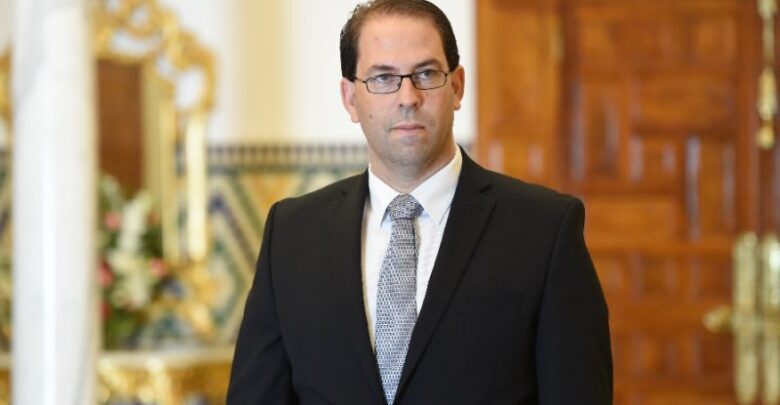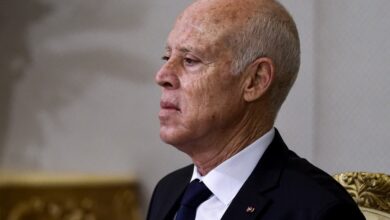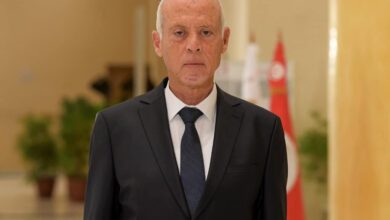Tunisia
Tunisian Prime Minister Considering Cabinet Reshuffle Amid Row With Ennahda

Tunisian Prime Minister Elyes Fakhfakh on Monday said he is seeking to carry out a cabinet reshuffle soon, amid a row with the moderate Islamist Ennahda party, the majority party in parliament, reported Reuters.
The announcement comes as the Ennahda party, with 54 parliamentary seats, is demanding a new government as it claims that the current coalition had lost credibility due to allegations of conflicts of interest involving Fakhfakh. The party is demanding the departure of Fakhfakh’s government, citing “suspicion of conflict of interests and abuse of power of Fakhfakh.”
Fakhfakh was appointed as the Tunisian prime minister only in February after September’s election produced a fractured parliament in which no party took more than a quarter of the seats.
Last month, an independent member of parliament, presented some documents that indicated that the prime minister owns shares in companies that had won deals from the state.
Fakhfakh has denied of any wrongdoing and has promised to step down if investigators find his improper or corrupt. He said that he had sold his shares in the companies and rejected accusations of corruption. He has strongly criticized Ennahda, saying that Ennahda’s calls violated governmental solidarity.
Notably, the prime minister’s cabinet reshuffle decision is expected to increase the political conflict in the country, already experiencing a tense situation in parliament and the government just formed five months ago.
At least five Tunisian parties are planning to launch a vote of no confidence in parliamentary speaker Rached Ghannouchi who has been accused of partisan interests.
According to a statement released by the government, Fakhfakh had made intense efforts to consolidate the ruling coalition in recent weeks.
“These efforts have come up against parallel attempts by the Ennahda party with the intention to introduce significant changes in both form and content of the government action, which has destabilized the government’s action and hampered its stability,” said the Tunisian prime minister. “These calls for change show a lack of responsibility towards the country in this delicate phase which requires more solidarity between the members of the coalition.”




